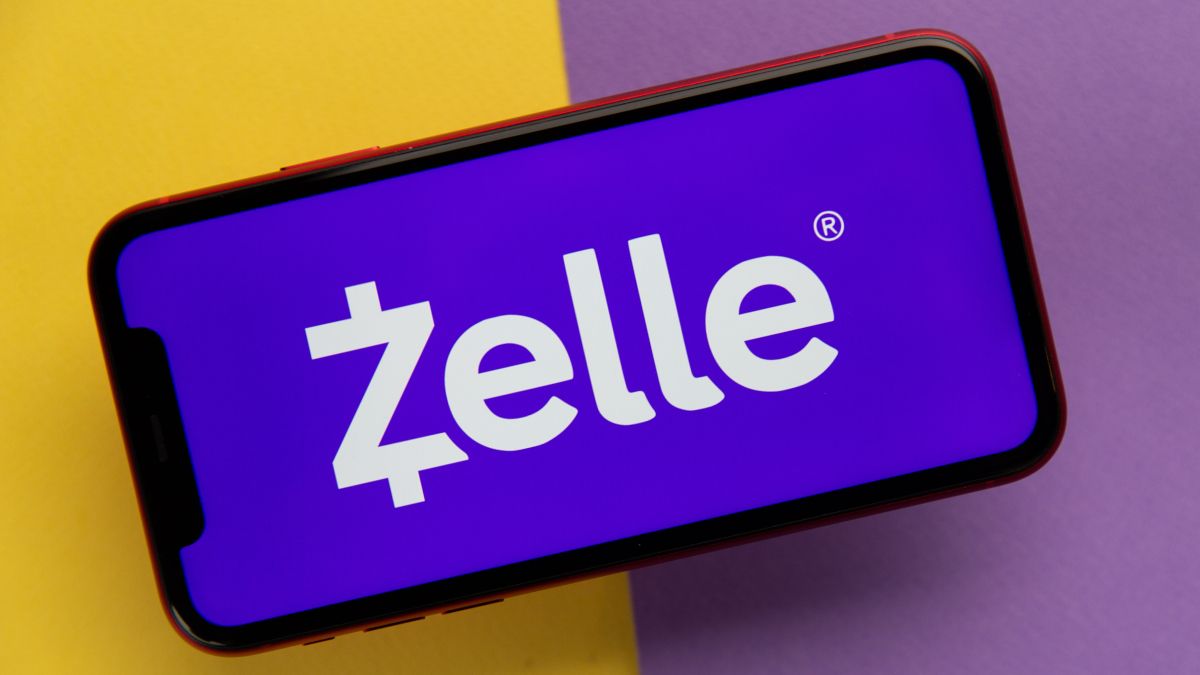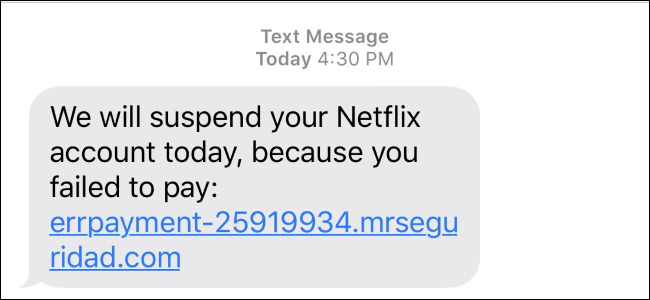Quick Links
Zelle is one of the most popular financial platforms of its kind, so it's no surprise that the platform has been made a target for scammers. Here's what to look out for and how to avoid a nasty surprise.
What Is Zelle?
Zelle is a peer-to-peer (P2P) payment service that makes it easy to send money from one bank account to another. The service is (at the time of writing) only available in the US, having been set up by some of the country's largest financial institutions.
The fact that Zelle charges users no fees to send money has seen the service grow hugely in popularity over the last few years. All you need to use it is a bank account with a participating financial institution and the Zelle app for iPhone or Android. Some banking apps already have Zelle integration, which makes it particularly easy to send or receive money online.
The approachability and growth of Zelle as a service means it's easy to set up and use, but this has also attracted scammers. Fortunately, most of the scams that target Zelle users are nothing new and should be easy to spot.
Zelle Scammers Use Fake Text Messages and Calls
Zelle scams mostly rely on social engineering, where a scammer builds trust so that the target will send money willingly. Similar scams have plagued banks and older payment services like PayPal for years.
One of the most common scams starts with a fake text message that requests approval for a pending transaction or issues a warning about fraudulent activity on an account. When users interact with the message (usually texting back "no" as instructed) they receive a phone call from what seems to be a legitimate financial organization. Scammers can spoof phone numbers so that the number that's calling appears to match up with a bank or credit union.
From here, the scam takes a turn. Targets are informed that a thief is trying to empty their bank account and that they need to transfer money back into their account to be safe. Ideal targets do not already use Zelle, which provides would-be scammers the opportunity to link their bank accounts to a target's phone number. To do this, the scammer will walk the target through the two-factor authentication process and ask them to read out the verification code that's sent to the victim's phone.
With the victim's phone number attached to the fraudster's account, the scammer will then initiate the final stage of the scam: getting the victim to send money to their own phone number. Since the phone number is now associated with the scammer, the money is finally leaving the target's account. Scammers will often try the same trick multiple times, requesting repeat transactions to "recover" lost funds.
The scam mostly affects those who don't already use Zelle, who don't have a tech-savvy background, and who believe that there's no way sending money to their personal phone number could play into the hands of a scammer.
Online Sellers May Also Fall Victim
In another example of a scam that used Zelle, TikTok user Tarek Ali (@itstarekali) was scammed also by way of a fake email. The social media user explained how they listed some camera gear on Facebook Marketplace after which someone started enquiring about the item. The supposed buyer asked for videos to appear legitimate and requested that an additional lens be included for a total of $770.
The scammer sent a fake Zelle confirmation email, stating that Tarik had received the money. Instead of checking whether the money cleared into their account, Tarik suspected nothing and sent the camera to the buyer. They then requested an additional payment for the shipping fee. The scammer sent another follow-up email claiming that Tarik was unable to receive money due to having a "personal" account.
The scammer claimed that they would need to send an additional $400 to Tarik which must then be sent back to "upgrade" the account. Upon looking for the contact in their Zelle account, Tarik noticed that the supposed buyer wasn't listed. Tarik then checked their "confirmation email" payment summary carefully and noticed it was from a webmail provider posing as Zelle, rather than Zelle itself.
The scam is older than time, but with more users than ever partaking in the peer-to-peer payment economy, there are more potential victims out there than ever before. It's a scam that plays out daily on Facebook Marketplace, and it's one reason you should ideally only sell items to local in-person buyers over Facebook.
Never Pay an "Outstanding Bill" Using Zelle
Zelle is an online payment system so it's open to most other forms of scams that plague such services. One of the more prevalent schemes among fraudsters involves requesting payment for utility bills and other outstanding charges. Zelle has been used for this purpose, as have iTunes gift cards.
There's one simple rule you can follow to avoid disappointment: if a company is chasing an outstanding payment using a peer-to-peer payment service like Zelle or Venmo, you're being targeted by a scammer.
Some companies allow you to pay bills using a service like PayPal, but most offer multiple payment methods. If you ever suspect foul play when a company is chasing a bill, you can always state this over the phone. Call the company directly using a number listed on their website, rather than complying with any requests from cold callers.
This is true even if you recognize the number. Phone numbers can be spoofed, so even if the number looks legitimate it may still be a scam.
Banks Might Not Help Victims of Such Scams
If you're caught in a scam that had you "willingly" transfer money to another account, there's a good chance your bank won't help. You won't be covered by the usual protections that apply to credit card and online payment fraud, where cards are cloned or details skimmed from a website. Many banks argue that because you have authorized the payment, it's technically not fraud.
Despite this, social engineering is one of the biggest causes of money and data loss in the world today. Building a rapport with their victims allows scammers to prey on the trusting nature of an individual, and this impacts everything from trade secrets to personal bank accounts.
Even if you suspect your bank will refuse to help, you should always contact them to notify them that you believe you have been scammed. In the case of a Zelle scam that attaches your number to an account that isn't yours, they will help you reclaim your number for future use. They may be able to reverse transactions, reimburse you, or conduct anti-fraud investigations.
You should also contact local law enforcement using non-emergency numbers or online forms to report the scam. This may help bring the perpetrators to justice, but you shouldn't hold too high hope of getting your money back this way.
Avoiding Online Scams
If you use the internet or have a phone number, you've almost certainly encountered a scam of some kind. While most are easy to spot, scammers cast a wide net so that they only need a few bites for their schemes to pay off. Familiarize yourself with the most common online scams including SMS-based smishing attacks, calls from phone numbers that look suspiciously similar to your own, fake job recruiters, or classic phishing scams that prey on product scarcity and impulse purchases.


